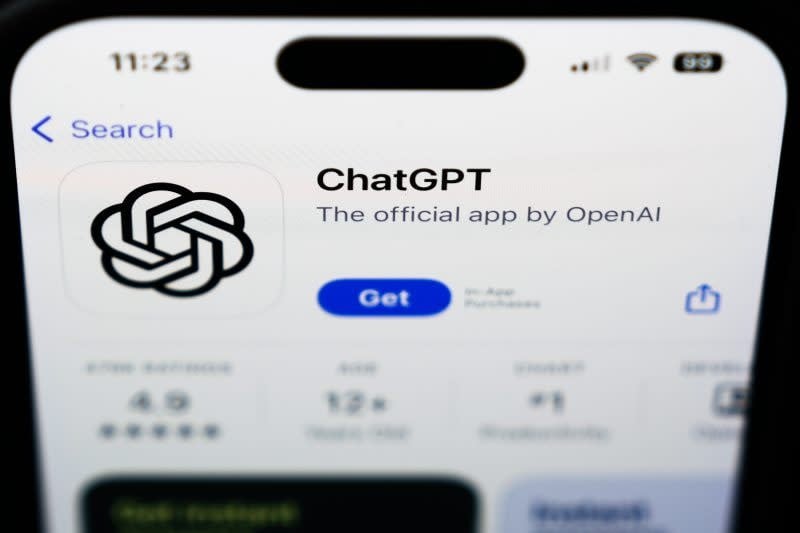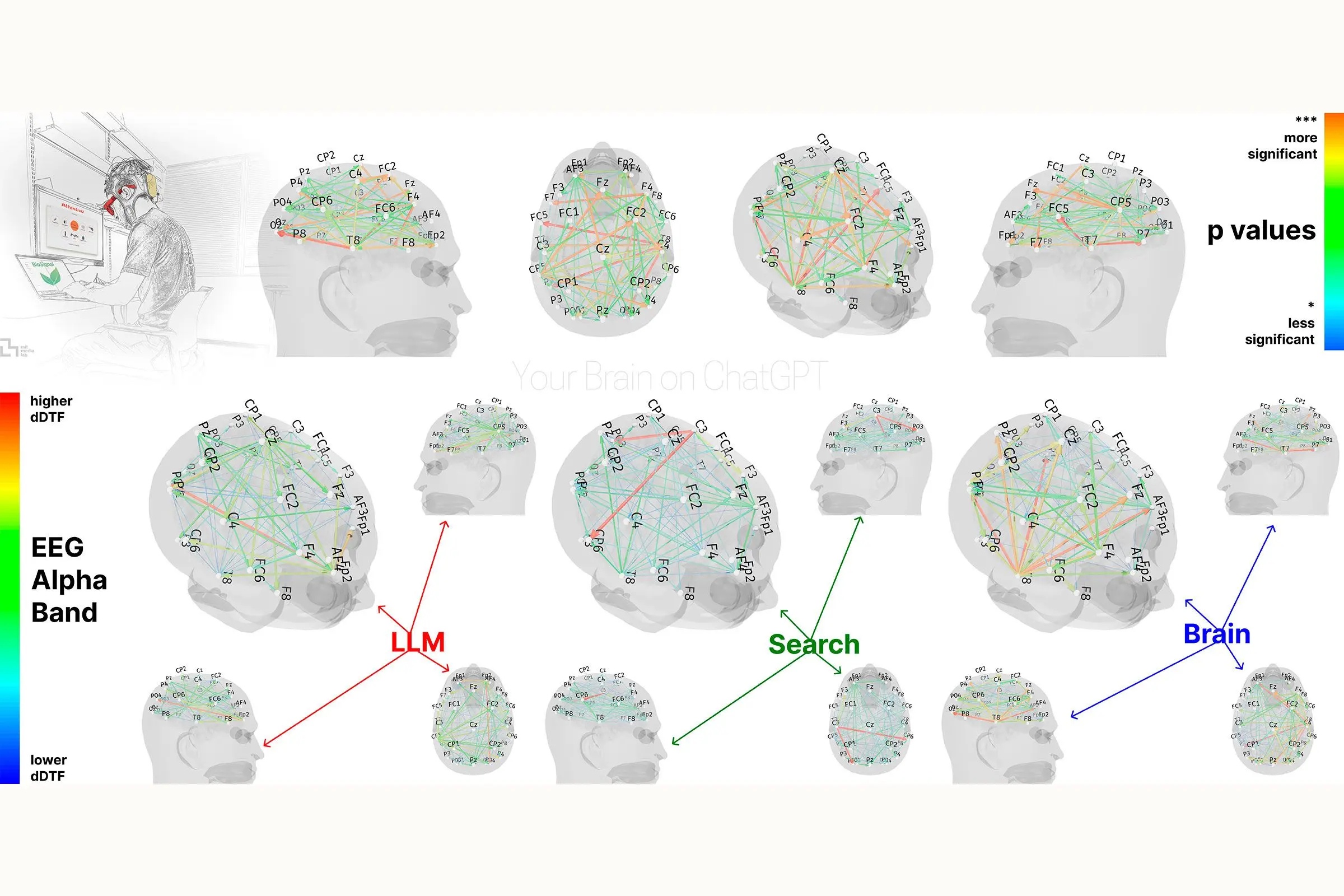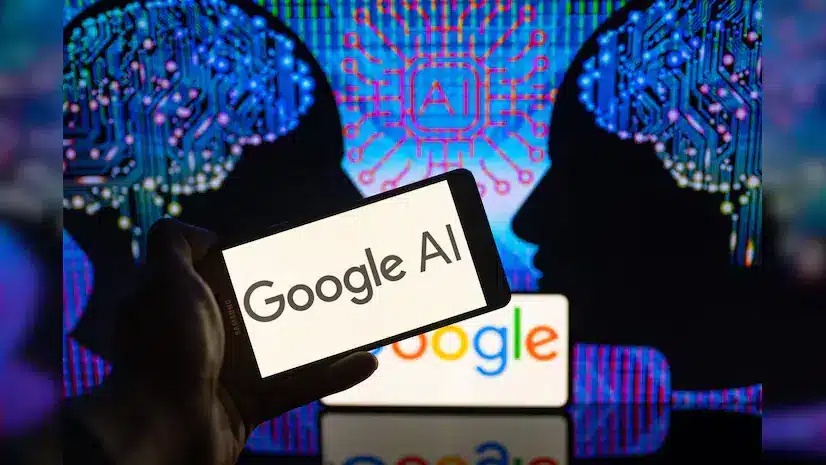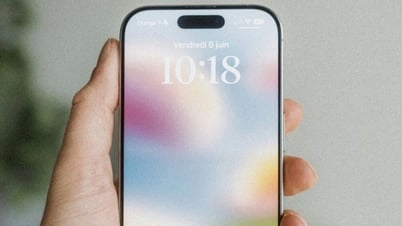 |
Humans tend to depend on AI. Photo: MarketWatch . |
A new study from the Massachusetts Institute of Technology (MIT) Media Lab suggests that overuse of ChatGPT may negatively impact critical thinking skills, especially in young adults.
The study was conducted with 54 participants, aged 18-39 in the Boston area (USA), divided into three groups including using ChatGPT, searching for information via Google and not using support tools.
All were asked to write three SAT-style essays. During the process, researchers used electroencephalography (EEG) to record brain activity in 32 different regions.
"Side Effects" of AI
The results showed that the group using ChatGPT had the lowest level of neural engagement. Specifically, their essays were judged to lack depth and independent thinking, and were largely plagiarized and repetitive. In addition, two English teachers who participated in the assessment commented that these essays were “lifeless and strangely similar.”
The EEG showed that the ChatGPT group had poor activity in important brainwave bands such as alpha, theta, and delta. These are brainwave bands associated with attention, creativity, and language processing. As the task progressed, participants tended to rely entirely on the AI tool to complete the writing without any personal effort.
 |
Image comparing brain activity in the group using AI and the group not using it. Photo: Nataliya Kosmyna . |
“I just typed in the request, tweaked a few sentences, and I was done with the assigned request,” one participant described.
In contrast, the group that did not use the AI tool showed more positive results, showing deeper engagement in the writing process and expressing greater satisfaction with their work. The group that only used Google search also showed stable levels of neural activity and showed more initiative in gathering and processing information.
In the next phase, when asked to rewrite an essay they had written without using the AI tool, the group who had used ChatGPT had almost no memory of their own content. Their brainwave readings remained low. Meanwhile, the other groups continued to show sharp increases in concentration and neural connectivity.
Health effects
Lead author Dr Nataliya Kosmyna said this was her first published work before further research. She explained the decision was due to concerns that the use of AI ineducation could be implemented too quickly, without adequate and accurate research.
“The misuse of AI will have the worst impact on developing brains. If left unchecked, exposing children to tools like ChatGPT could affect their thinking later in life,” said Dr. Nataliya Kosmyna.
 |
Long-term use of AI may cause the brain to function less efficiently. Photo: The Observer . |
Some experts in the field of mental health also agree with this concern. Psychiatrist Zishan Khan warns that over-reliance on AI in learning can impair young people's ability to remember, receive information, and cause psychological disorders.
Notably, after publishing the study, Kosmyna discovered that some people had used ChatGPT itself to summarize the paper, leading to the AI “hallucinating” and presenting information that was not in the original document. Some summaries claimed that the study used GPT-4o, when in fact it did not mention it at all.
Kosmyna’s team is now working on a similar project involving programmers and software engineers. The initial results, she says, are “even worse,” raising big questions about the long-term impact of AI on the future workforce.
Source: https://znews.vn/ai-ngay-cang-nguy-hiem-post1562832.html



![[Photo] Close-up of modernized Thu Thiem, connecting new life with District 1](https://vphoto.vietnam.vn/thumb/1200x675/vietnam/resource/IMAGE/2025/6/24/d360fb27c6924b0087bf4f288c24b2f2)

![[Photo] The 9th Party Congress of the National Political Publishing House Truth](https://vphoto.vietnam.vn/thumb/1200x675/vietnam/resource/IMAGE/2025/6/24/ade0561f18954dd1a6a491bdadfa84f1)































































































Comment (0)